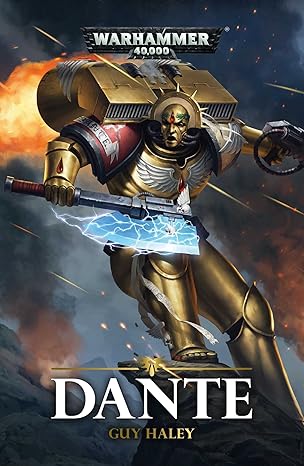“If you think this Universe is bad, you should see some of the others,” a maxim attributed to science fiction writer Philip K. Dick.
Ever since the 2012 Disney acquisition of LucasFilm, “Star Wars” has suffered from infantilization.
Contemporary “Star Wars” projects such as shows, movies, and books, are targeted toward children and frequently depict one-dimensional conflicts with clear moral boundaries: Good (the Jedi) vs. Evil (the Sith). “Star Wars” suffers from a lack of moral nuance, gray “Star Wars” projects are few and far between.
“Star Wars” projects frequently sanitize on-screen violence. Stormtroopers are nameless and faceless, and their deaths are quick, clean, and pointless. They are stripped of any personality, and their motivations remain unexplored. Instead of being depicted as individuals or even as cogs in a machine, they’re depicted as organic automata void of any depth or personality.
If you wish “Star Wars” was more morally gray, more violent, and more introspective, I suggest you consider “Dante” written by Guy Haley; a critically acclaimed book rooted in a hyper-violent sci-fi universe called “Warhammer 40K.”
“Warhammer 40k” is a setting that hosts board games, books, audio dramas, video games and TV shows. “Warhammer 40k” features in-depth lore, which is a fictional telling of history and apocrypha grounded in the “Warhammer 40k” universe, and a central driving narrative that further develops the setting. Roughly every three to four years, the owner and publisher of “Warhammer 40k”, Games Workshop, releases new editions of the tabletop game that add new universe events, new characters and sometimes new factions. In between edition expansions, Games Workshop further expands the “Warhammer 40k” universe by publishing dozens of different forms of media, principally books, each year that are full of action, morally ambiguous characters and societal commentary.
Most “Warhammer 40k” stories come with a tagline that aims to set the tone of the setting for the reader, “to be a man in such times is to be one amongst untold billions. It is to live in the cruelest and most bloody regime imaginable. These are the tales of those times. Forget the power of technology and science, for so much has been forgotten, never to be re-learned. Forget the promise of progress and understanding, for in the grim dark future there is only war. There is no peace amongst the stars, only an eternity of carnage and slaughter, and the laughter of thirsting gods.”
“Dante” establishes the backstory and character of the legendary Hero, Dante, a transhuman warrior who’s fought against galactic horrors for 1,500 years.
Haley takes the reader on a journey that spans over 1,000 years. Haley explores Dante’s entire life, from his early childhood where he went by the name Luis, to his current station as a leader of transhuman warriors. Luis learns of transhuman warriors called Space Marines, marvels of genetic engineering and the apex of human evolution.
Haley takes the reader through an unimaginable metamorphosis. Luis undergoes selection trials, basic training, and advanced combat training. He is equipped with formidable armor, lethal weapons, and a gene-enhanced body fit into an eight-foot frame. With these augmentations, Luis emerges as a new person who goes by a new name: Dante.
Haley explores Dante’s new life as a warrior among the stars and we see a fresh-eyed rookie turn into a grizzled veteran. The trials and tribulations Dante faces continue to place greater and greater burdens upon him. Haley explores what it means to be a protector, and what happens when heroes near their limits.
If you are interested in reading stories set in a grim universe with contradictory morals, corrupt politicians, a setting where the death of a planet is an insignificant footnote, and heroes who are often worse than the monsters, then I strongly recommend Dante.

